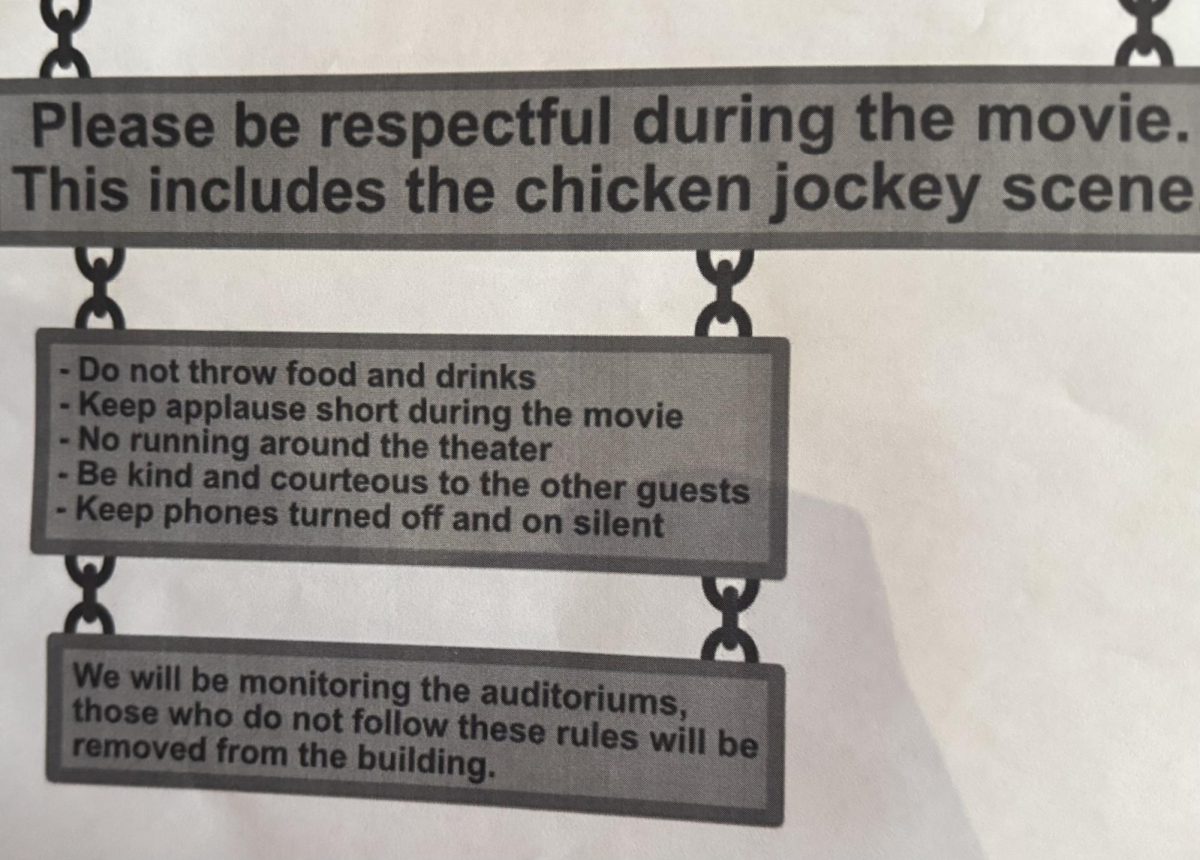Since April 2016, Dakota people and thousands of other indigenous peoples have been protesting the Dakota Access Pipeline. The plan of the DAPL allows Dakota Access, LLC, a subsidiary of Energy Transfer Crude Oil Company, LLC, to place pipelines under the Missouri River,and drill for gallons of oil. The pipeline would run approximately 1,100 miles from North Dakota to a river port in Illinois. The Standing Rock Sioux tribe is a sovereign nation, which means that the oil companies have to consult with the tribe, not the U.S. government, before constructing these pipelines on tribal lands. Indigenous communities weren’t even given a chance to grant permission for the construction of the pipeline, but the Army Corps of Engineers approved construction.
Indigenous land belongs to the indigenous community, to put it in Americanized terms, and federal land belongs to the federal government. For centuries, non-indigenous societies have attempted to eradicate indigenous communities through disease, warfare, creation of reservations and the removal of Natives from their homeland while consistently ignoring indigenous rights in U.S. history, and world history. The DAPL is not only an environmental issue, it is a human rights issue because it affects communities’ access to water and their sacred land, which has been an ongoing issue for 500-plus years. There are roughly 20,000 oil spills each year. One recent and devastating one occurred in the Amazon in mid-August. It polluted waterways that Peruvian indigenous communities have utilized for decades. It contaminated at least 30 kilometers of Chiriaco River and has spread into Marañon River, one of the main tributaries that feed the Amazon drainage area. Scientists cannot calculate how much damage this spill will cause because the Amazon Rainforest is a complex and biodiverse system about which we know little. What we do know is that the effects will not disappear so easily. And indigenous communities will be impacted in numerous ways. They might not have fish, meat or clean water, and those who market fish and game might not have an income to support their families. There have been recent reports that people are becoming sick, and the number of people with headaches, vomiting, diarrhea and rashes has increased. In fact, since the oil spill, Peru’s Social Health Insurance has sent doctors and nurses to the area of Imaza, one of the affected areas, to respond to cases of allergic dermatitis, pharyngitis, bronchitis and gastroenteritis. Indigenous communities don’t have the resources to protect and take care of themselves when environmental disasters like this occur.
Oil spills affect indigenous communities similarly to the way they affect the environment; they cause the degradation of ecosystems and human participation in the ecosystem. Oil has the potential to destroy a tree’s carbon dioxide intake, in which case a majority of it is then released into the atmosphere through decomposing vegetation, which accelerates global warming at an alarming rate. Entire ecosystems can be devastated, and humans are a part of these ecosystems. Placing pipelines under waterways puts fresh water right in harm’s way, and unlike Euro-Americans, some counties already cannot afford drinkable water. For them, drinkable water is a privilege, not a right. If the DAPL is constructed under the tribe’s main access for water, they will fall into that group.
For indigenous communities, water is not just valued as a thirst-quenching beverage. Water is the first medicine for healing, and many believe it to have restorative properties. The Missouri River is the tribe’s main access to water, making it sacred to them. Native communities have lost sacred land to non-indigenous people for hundreds of years, and it continues to cause trauma for these communities. Land and water are inherently tied, and taking these away from indigenous communities ultimately hurts them and causes trauma for generations. Native rights and needs continue to be ignored today.
The DAPL has brought in thousands of Natives to protest, and it has deconstructed the declension narrative. As the congress specifically states, “regulations require Federal agencies to consult with Indian tribes when they attach religious and cultural significance to a historic property regardless of the location of that property.” The Dakota Access didn’t confer with tribes. This is not the first time indigenous communities have had to fight for land rights, sacred or not. Placing the pipeline on Standing Rock Sioux land is a direct infringement on sovereignty, and placing it under waterways infringes upon the Standing Rock Sioux’s human rights.
Obama and the Department of the Interior are attempting to de-escalate the situation by temporarily halting all construction on the DAPL. The pause is an effort to buy time in order for federal court to ensure it isn’t violating the National Environmental Policy Act or any other federal laws. However, Native communities weren’t asked to be a part of this conversation. They were the ones who took it to court, but the Standing Rock Sioux tribe was told there would be further conversation while these tribes need substantive action.
Unfortunately, by not including indigenous communities in the decision process, the federal government is erasing Natives’ struggle for visibility in this issue and all indigenous issues. The federal ruling gives an illusion of victory, but the fight is far from over. Following the logic that the battle is over and indigenous people have won, the DAPL issue disappears, but Native nations everywhere will continue to demand sovereignty in the face of sovereignty deprivation. The U.S. government and its non-indigenous citizens need to recognize our fight is becoming stronger, and we will continue to battle for our sovereignty on all issues.







John Lee • Sep 12, 2019 at 1:28 am
Appreciating the hard work you put into your site and in depth information you offer. It’s good to come across a blog every once in a while that isn’t the same old rehashed material. Fantastic read! I’ve bookmarked your site and I’m adding your RSS feeds to my Google account.
Felicity Welch • Sep 10, 2019 at 6:53 pm
With havin so much content do you ever run into any issues of plagorism or copyright violation? My site has a lot of exclusive content I’ve either created myself or outsourced but it seems a lot of it is popping it up all over the internet without my authorization. Do you know any methods to help prevent content from being ripped off? I’d definitely appreciate it.
Dominic MacDonald • Sep 8, 2019 at 11:30 pm
I really like your writing style, wonderful information, appreciate it for posting : D.
FreePrintscode • Jul 31, 2019 at 3:33 pm
You originated most decent tips there. I appeared online for that issue and found lots of people will get coupled with with all of your internet site.
Jimmy Johnspromo • Jul 31, 2019 at 3:51 am
You formulated quite a few decent things there. I appeared on the internet for that challenge and found many people will head out coupled with with all of your internet site.
NoodlesCompanycoupons • Jul 30, 2019 at 1:52 pm
Excellent article, some a lot effort spend here. The very best strategy so far will be the your text!